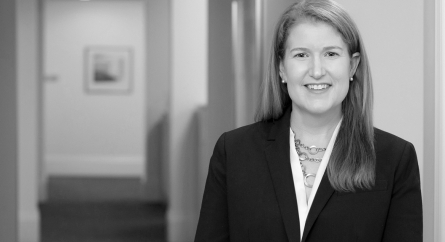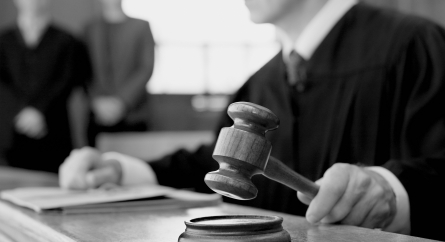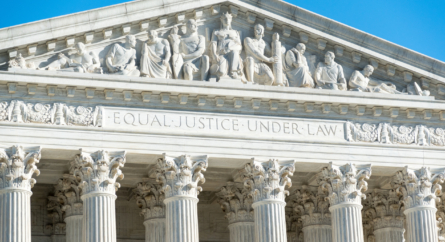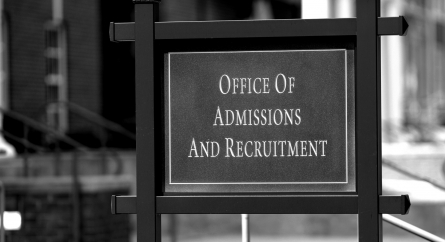First Circuit Upholds Harvard’s Affirmative Action Program
The U.S. Court of Appeals for the First Circuit recently upheld Harvard’s limited use of race in its admission process. In so ruling, the First Circuit rejected claims by the Students for Fair Admissions, Inc. (“SFFA”) that Harvard’s practices discriminated against Asian American applicants.
As discussed in a prior blog post, a long line of Supreme Court cases have traced the limits of a lawful affirmative action program. These cases established that institutions can use race as a factor to benefit individual students only if they can show that the practice is “narrowly tailored” to achieve a “compelling interest.” While race can be a “plus factor,” it cannot be a “fixed [racial] quota” and cannot be considered at all unless other “available” and “workable” race-neutral alternatives would not be able to sufficiently promote the institution’s interest in educational diversity.
Drawing upon these principles, the First Circuit confirmed that Harvard’s race-conscious admissions practices fell within these legal limits. Specifically, the First Circuit held that Harvard has a compelling interest in using race in its admissions process and that its use of race is narrowly tailored.
Key to its decision, the First Circuit favorably considered a report prepared by Harvard in support of its race-conscious admissions program. Among other things, the report detailed the goals that Harvard sought to further through building a diverse student body. The report also assessed a number of race-neutral alternatives, concluding that Harvard devotes “significant” resources to achieving a racially diverse recruitment process and that that expanding these efforts further would not increase diversity.
It is widely expected that SFFA will appeal the First Circuit’s decision to the Supreme Court.
Client Tip
For the time being, race-conscious practices and policies of higher education institutions remain subject to the general principles described above. Stay tuned for any relevant updates.
Categorized: Discrimination, Higher Education
Tagged In: admissions, affirmative action, Asian American, First Circuit, Harvard University, Students for Fair Admissions










